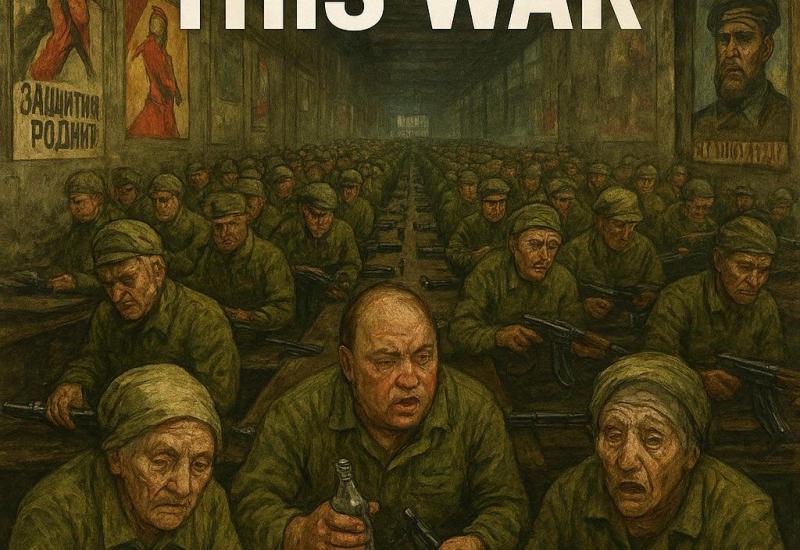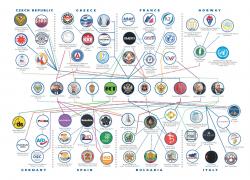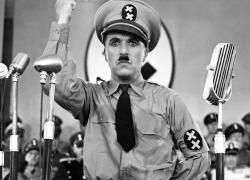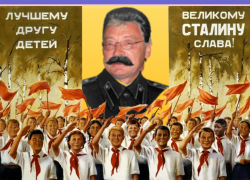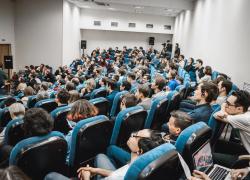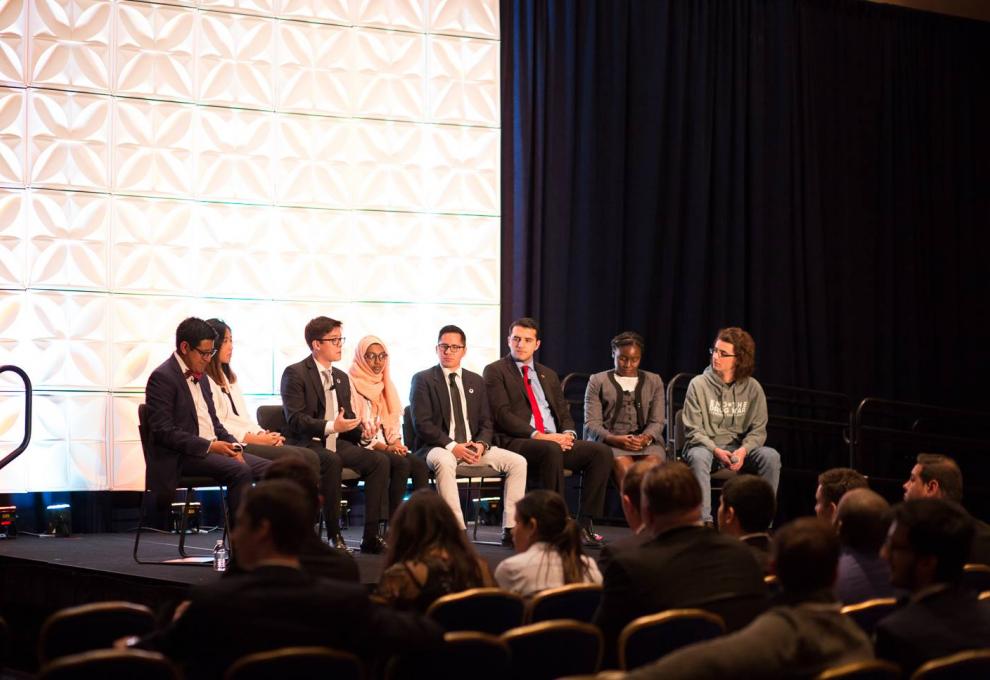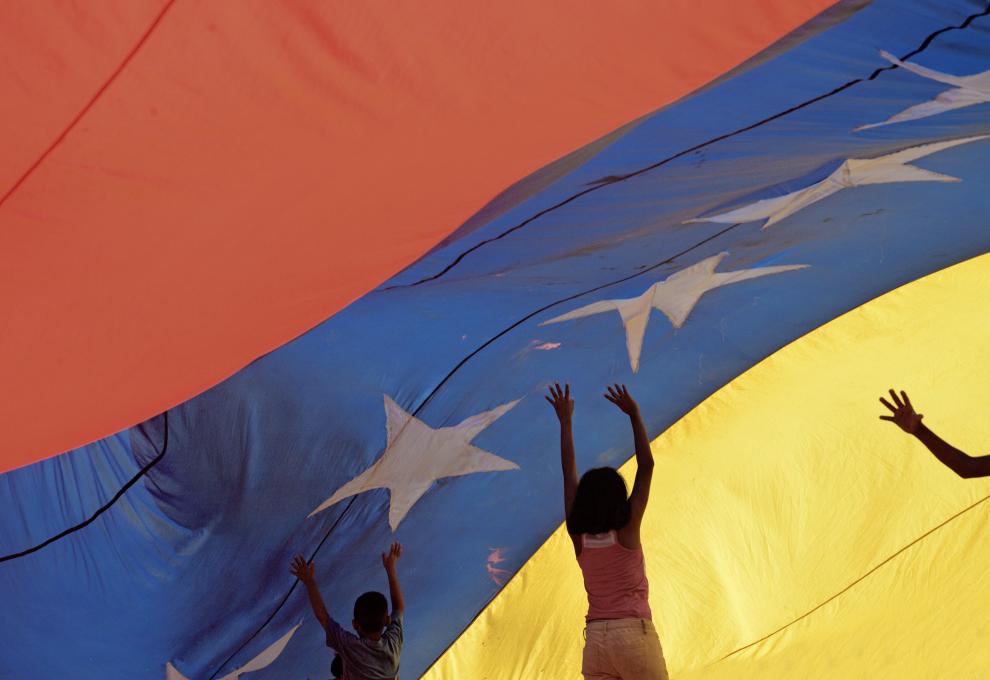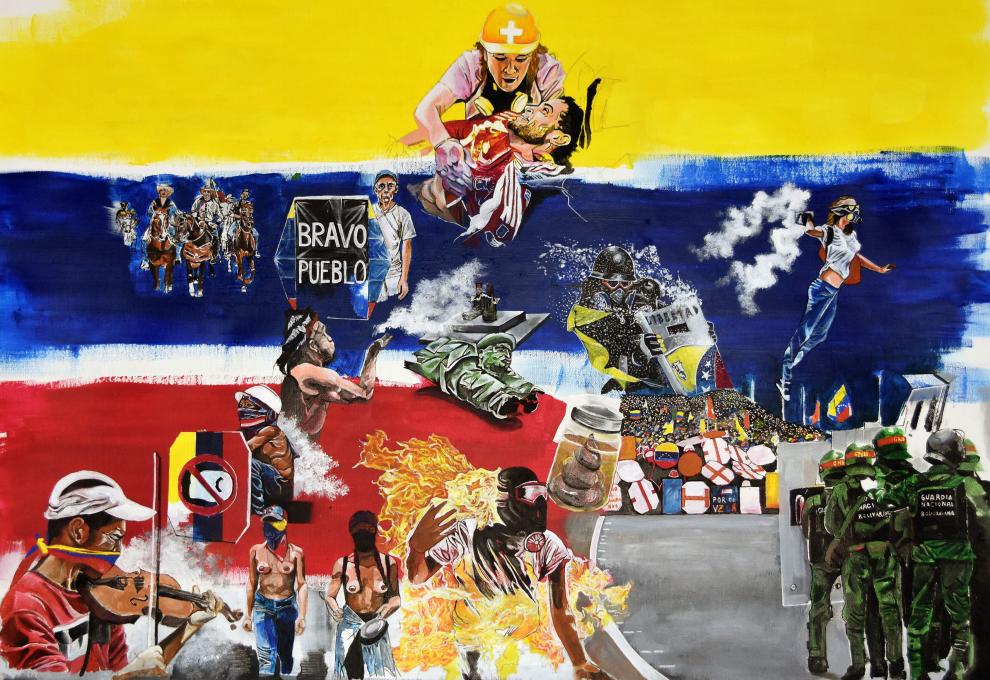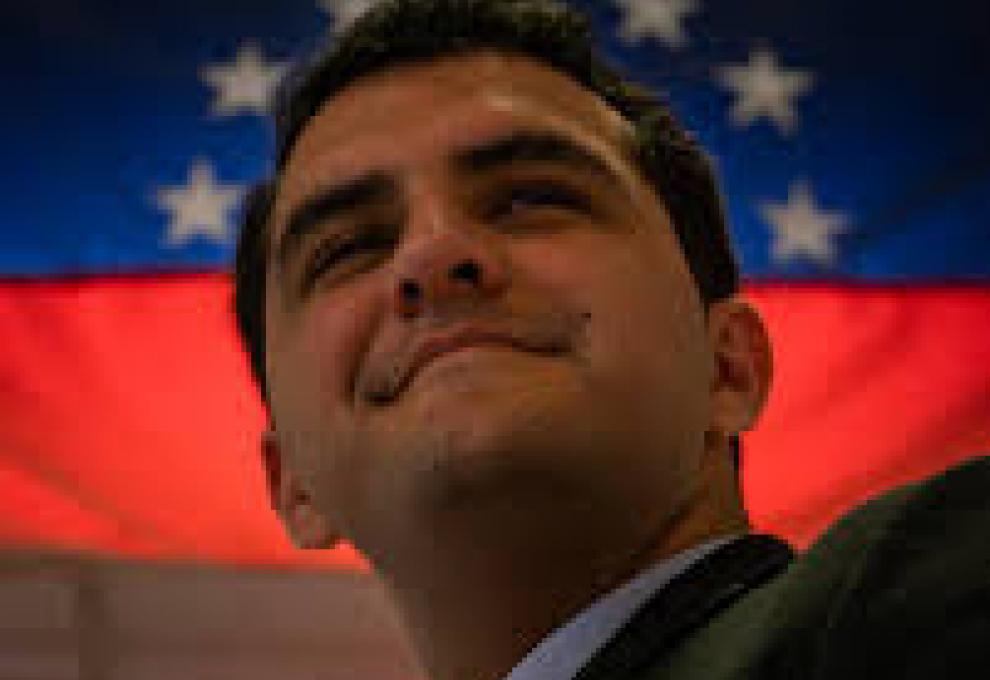Venezuelan Government and Opposition Resumed Negotiations
The new round of negotiations was held over the weekend in Mexico.
Over the weekend, the Venezuelan government of Nicolas Maduro and the country's opposition, led by Juan Guaido, had its newest round of negotiations.
Held in Mexico, this negotiation counts with the support of the international community. The talks have countries like Norway and the Netherlands as mediators.
Similarly, The Spanish government of Pedro Sanchez declared on Thursday that Spain is willing to contribute to the negotiation process. Spain Foreign Minister Jose Albares said that he has already met with delegates of both the government and the opposition.
Paradoxically, the Venezuelan people have shown a greater degree of skepticism regarding the possible outcomes of this new round of negotiations, as s the Maduro government and the opposition have had talks on several occasions, with nothing to show for.
Some analysts argue that things will be different this time, as the opposition could pressure the regime with the easing of international sanctions. The government has repeatedly expressed that the lifting of the sanctions is its primary demand during these negotiations.
"Venezuela will present in Mexico a firm request with all the requirements for the recovery of the country's economy and the return of the gold held hostage in the Bank of England, and that all sanctions against PDVSA be lifted," said Venezuela's President Nicolas Maduro.
Jorge Rodriguez similarly said that the Maduro government has a proposal "focused on economic and social issues and on the return of the resources that belong to the Venezuelan people will be presented."
The opposition, on the other hand, is demanding the government to accept international aid from the international community, the purchase of more coronavirus vaccine, and electoral transparency, especially for the upcoming regional elections, which will be held in November of this year.
Regarding Venezuela's electoral process, the opposition announced last week that they would participate in the November elections.
This would be the first time the opposition participated in an election since 2017, as the country lacks the conditions to have free, fair, and verifiable elections.
When asked about the country's electoral conditions, the opposition argues that the November elections will not be "fair nor conventional." However, they said that participating in these elections will be crucial, a "useful battleground."
"We understand that it will be a useful battleground to strengthen the citizenry and push for a real solution to our country's serious crisis: free presidential and legislative elections," said the opposition.
When asked about the opposition's decision to participate in the upcoming elections, Maduro has "applauded" the decision, arguing that it will bring political stability to the country.
"The decision to participate in the elections once again is worthy of applause … a cycle of political stability has been opened that must be at least until 2030," Maduro said on state television last week.
It remains a question whether this new period of "political stability" will lead to improvements regarding the well-being and rights of the Venezuelan people, especially on the economic front, where the vast majority of the people is experiencing intolerable difficulties to fulfill even their most basic needs.
By Jorge Jraissati
Jorge Jraissati is a Venezuelan economist and freedom advocate. He is the Director of Alumni Programs of Students For Liberty, an NGO advancing the ideas of a free society in over 100 countries. Beyond SFL, Jorge is a research consultant for IESE Business School, an economist from the Wilkes Honors College and the President of Venezuelan Alliance, a policy group specialized in the Venezuelan humanitarian crisis. Jorge is a weekly columnist here at Freedom Today Network.




